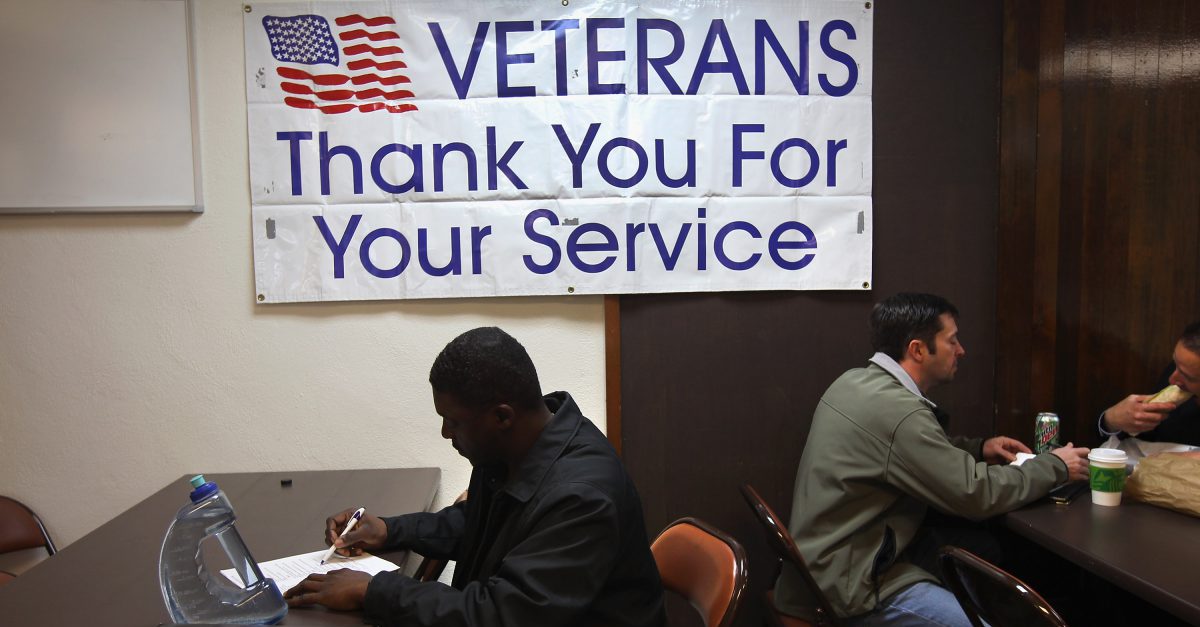A veteran said that he lost millions of dollars as a result of his gambling addiction, and he’s speaking out now that government officials are recommending that military members be screened for such addictions.
Videos by Rare
He said gambling addiction is a threat to the health of service members and to national security, whether it’s the pressures of being in debt or the debt being used to get information or other details. He said the concern is real when it comes to gambling and the military.
He didn’t want his identity revealed but spoke anonymously with ActionNewsJax.com anonymously on an issue that he knows personally.
RELATED: Lowe’s did something amazing for a jobless vet and his service dog
The Army veteran said he lost “in today’s value, $10 million” while gambling.
“I was betting $5,000 a roll of the dice at my highest point. Because it’s never enough,” the veteran said.
Gambling is an addiction that he said doesn’t get the attention it deserves.
“Nobody talks about gambling as an addiction. Doctors don’t screen for it […] we’re just having fun,” the veteran said.
“Someone who knows this person has this issue can use that to extort information from them.”
That’s just one reason why the Army veteran wants the military to do more to address gambling addiction.
“It’s not harmless. It’s not just entertainment. […] It leaves them exposed,” the veteran said.
He hopes that along with screening, the military will do more to help those who are serving.
“[We need] initial orientation and education when you’re first coming into the military […] especially if you’re going into a region where it’s so readily accessible and part of the norm,” the veteran said.
He said his gambling started in the military.
“My very first trip to a casino was while I was in the military at Fort Dix in New Jersey,” he said.
He said his addiction got worse.
“I was risking everything […] from January through August, I lost $275,000,” he said.
He said he has recovered and owns his own business. He hopes his story can bring changes to the military and help those who are still serving.
“It may just look like entertainment, but it has the potential to ruin your life and your military career,” he said.
But that could soon change. The Government Accountability Office has recommended that the Department of Defense start screening for gambling addiction and provide better guidance to help service members who might have an addiction.
“A lot of time, you know, guys have down time […] that’s one of the things they turn to. It’s easy, readily accessible, whether it’s playing cards, dice, etc.,” the veteran said.
The Army veteran said he was an adrenaline junkie, and gambling can help feed a need for adrenaline.
The National Council on Problem Gambling estimates that 36,000 active-duty service members meet the criteria for a gambling problem.



